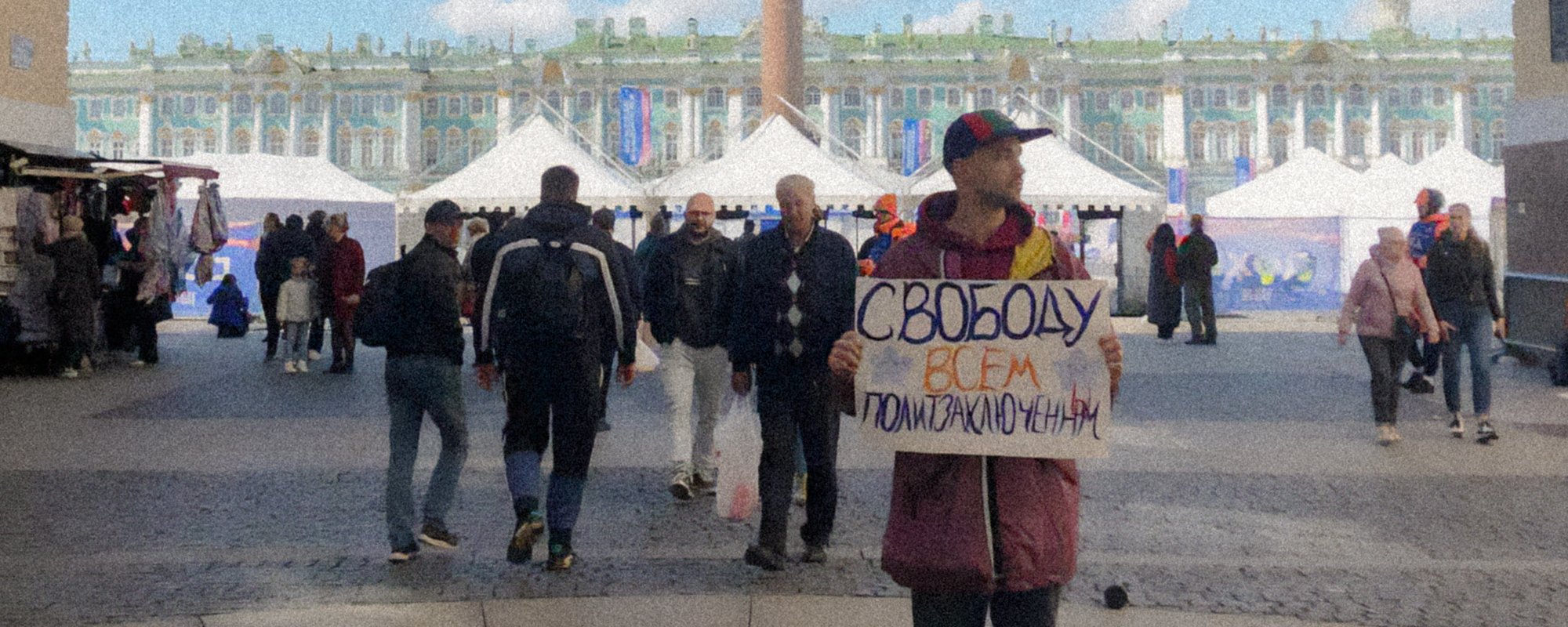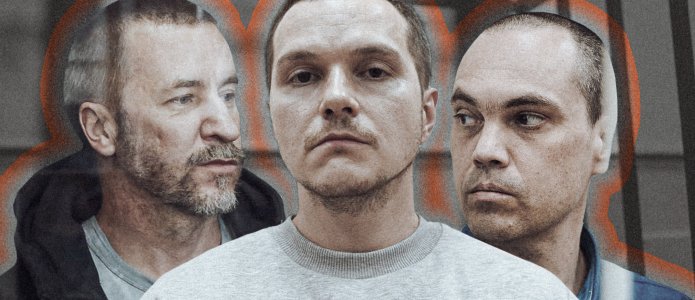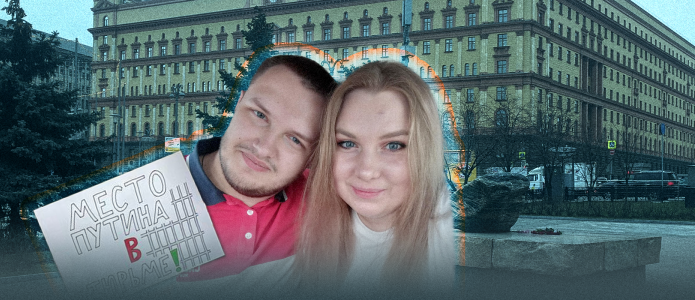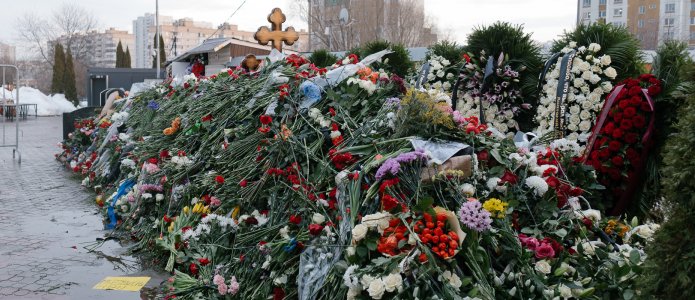Here’s our quick analytical take on yesterday’s protests in support of Alexei Navalny.
The Anti-Corruption Foundation (ACF) and other team Navalny’s projects announced worldwide rallies on his 47th birthday — calling for the release of Alexei and other political prisoners.
Despite the unprecedented crackdown over the past 2 years, ACF was sure that there are still activists in Russia ready to protest openly — and they were right.
As usual, the authorities started undermining the protests days in advance. For instance, police started to go to apartments of people who participated in previous protests and handed out «warnings».
- In Moscow, civic activist Daniil Pimenov did not want to open the door for plainclothes policemen without a warrant — and when he did, the police attacked him and arrested, now Daniil is in pre-trial custody for «violence against police» (Article 318).
- In Ivanovo, Sergey Veselov (already having 3 wartime criminal charges pending against him) was arrested for 8 days for posting about the upcoming protest.
- He was not the only one detained for posts about the announced rallies — there were also 4 cases in Moscow, including the detention of a former employee of ACF, 2 cases in Saint-Petersburg, in Stavropol. After the detentions, people were arrested for 8-15 days or fined.
- In Novosibirsk, police took 2 civic activists from their homes at 5 A.M. to «warn» them not to go protest.
- In Barnaul the man was detained at the railway station because he planned to go to Novosibirsk for the announced rally. Overall, at least 10 people.
Journalists were also given warnings about the inadmissibility of participating in the June 4 action — in Voronezh and in Kuzbass. Censors sent a warning to the regional journal «We», which wrote the news about the actions in support of Alexei Navalny.
The exacerbated assault on civil liberties paired with the full-scale invasion of Ukraine was thus strengthened by the aforementioned deterrence measures.
In such circumstances anyone would expect activists to stay at home — yet, that was not the case. We know of at least 109 people in 23 Russian cities who were detained, at least 2 of them are journalists, and 5 are minors (one of whom is epileptic). Protests were diverse as usual — most people were detained for demonstrating with signs, but there were also those launching fireworks, distributing leaflets, posting online and more.
The detentions were markedly rough and rife with illegal practices — in at least 3 police departments our affiliate lawyers were not let inside, in 8 departments police took away the detainees’ phones, depriving them of getting any legal advice or reporting their detention.
Plus, when taking the phones away, police demanded access to private information like messages, photos, etc. In Moscow, police threatened to deport Munarbek Barataliev — he was born in Kyrgyzstan, but has Russian citizenship.
Nevertheless, despite everything, Russian civil society perseveres. We don’t know everyone who showed up, and don’t know how many people were engaged in resistance to the Kremlin today, in one way or the other. What we do know is that every protester who went onto the streets today knew that they could be walking right into a fine or a jail cell. It took real bravery.






